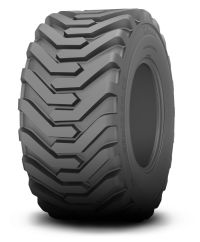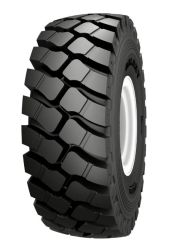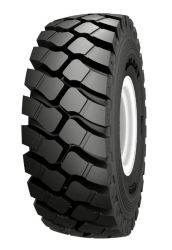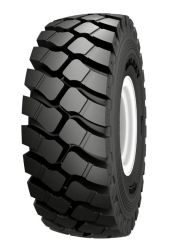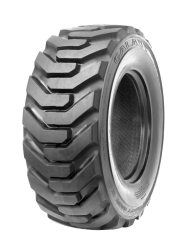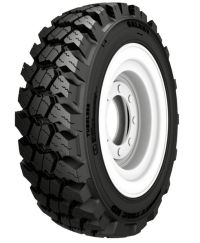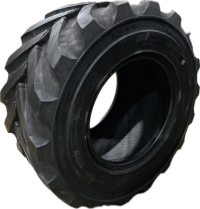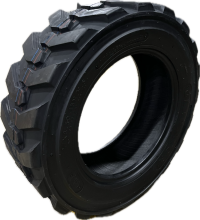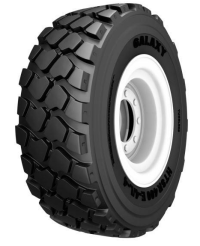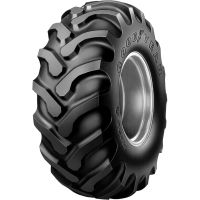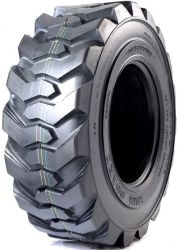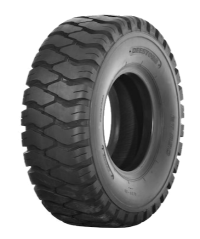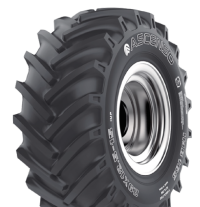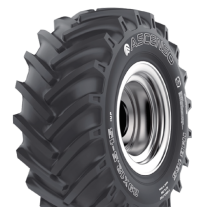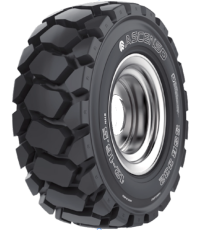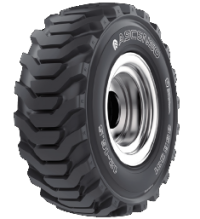Construction
-
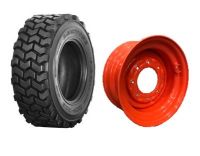 DEESTONE D322 (ND) SKS FOAM FILLED10-16.5 E PRICE IS FOR ONE (1) FOAM FILLED ASSEMBLY S100, S130, S150, S1650, S175, S185, S205, S250, S310, 7753, BOBCAT 500, 600, 700 USING 10-16.5 TIRES ** BUILT ON DEMAND **Item #: DS6122-FOAMAvailability: 4More Info...
DEESTONE D322 (ND) SKS FOAM FILLED10-16.5 E PRICE IS FOR ONE (1) FOAM FILLED ASSEMBLY S100, S130, S150, S1650, S175, S185, S205, S250, S310, 7753, BOBCAT 500, 600, 700 USING 10-16.5 TIRES ** BUILT ON DEMAND **Item #: DS6122-FOAMAvailability: 4More Info...
What Are Construction Tires?
Tires for construction machinery are robust and heavy-duty tires specially designed to cope with the demanding environments of construction sites. They are engineered to support various types of heavy equipment, such as loaders, backhoes, graders, dump trucks, and other specialized machinery that operate in construction zones. Unlike standard vehicle tires, construction machinery tires must withstand extreme conditions including rough terrain, heavy loads, high torque, and constant exposure to abrasive materials like rocks, gravel, and debris.
The primary function of these tires is to provide stability, support, and mobility to construction equipment. They are constructed to ensure that the machines can navigate across uneven and potentially hazardous job sites while carrying or moving large amounts of materials. Safety, durability, and efficiency are the key considerations in the design of construction machinery tires, as any tire failure can result in costly downtime and safety risks.
Designs and Features of Tires for Construction Machinery
The design and features of tires for construction machinery focus on maximizing their life span, ensuring safety, and enhancing the performance of the equipment they are fitted on. Here are some key aspects of these tires:
- Tread Patterns: Construction tires feature aggressive tread patterns that provide high traction necessary for maneuvering through mud, sand, and loose soil. The deep treads also aid in self-cleaning, preventing the build-up of materials that can affect traction and stability.
- Sidewall Protection: The sidewalls of construction machinery tires are reinforced to resist punctures and cuts from sharp objects commonly found at construction sites. This increases the tire's durability and reduces the likelihood of blowouts.
- Rubber Compounds: The rubber compounds used in these tires are often more resistant to wear and tear. They may include special additives that increase resistance to heat buildup, cuts, and abrasions, extending the life of the tire under heavy use.
- Ply Ratings and Load Capacity: Construction tires have higher ply ratings indicating stronger construction and a higher capacity to carry heavy loads. They are built to endure the stress of heavy weights without deformation.
- Radial or Bias Construction: Depending on the application, construction tires may be made with radial or bias-ply construction. Radial tires generally offer better fuel economy and a smoother ride, while bias-ply tires are often more resistant to sidewall damage.
- Air-filled or Solid: While many construction tires are air-filled (pneumatic), some applications may use solid (non-pneumatic) tires, which are immune to punctures but offer a harsher ride.
Applications and Uses of Tires for Construction Machinery
Tires for construction machinery are vital for a vast array of applications within the construction industry. Here’s how they are used:
- Earthmoving Equipment: Large machines such as excavators, bulldozers, and wheel loaders rely on these tires to move earth and other materials around the construction site.
- Material Handling: Telehandlers and forklifts use construction tires to transport building materials across job sites while maintaining stability and grip.
- Road Building: Road rollers and graders equipped with specialized tires compact soil and asphalt during road construction for a smooth, level surface.
- Transporting Equipment: Articulated dump trucks and rigid haulers require highly durable tires to carry massive loads over variable terrain without failing.
- Specialty Machinery: Trenchers, pile drivers, and concrete pumps also benefit from these heavy-duty tires, as they need to remain stable while performing precision tasks.
Construction machinery tires are integral to the success of construction projects, as they directly affect the equipment's performance, safety, and productivity. Their design ensures that construction vehicles can operate in challenging environments without interruption, contributing to the efficient completion of construction tasks.

